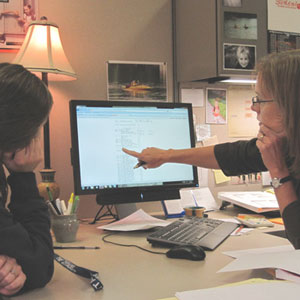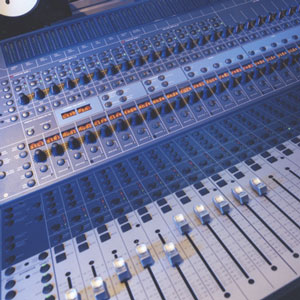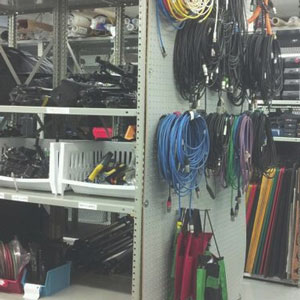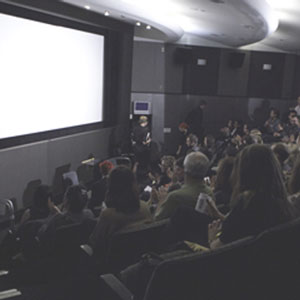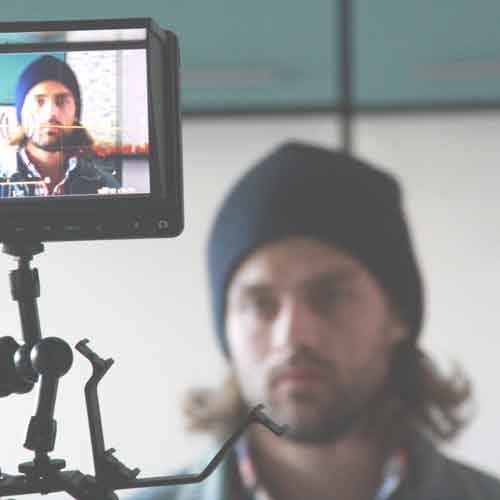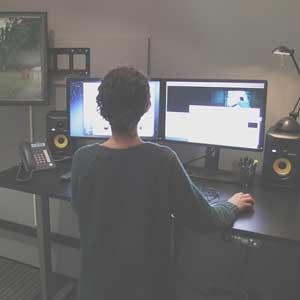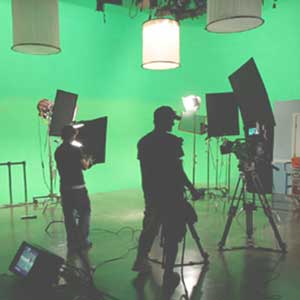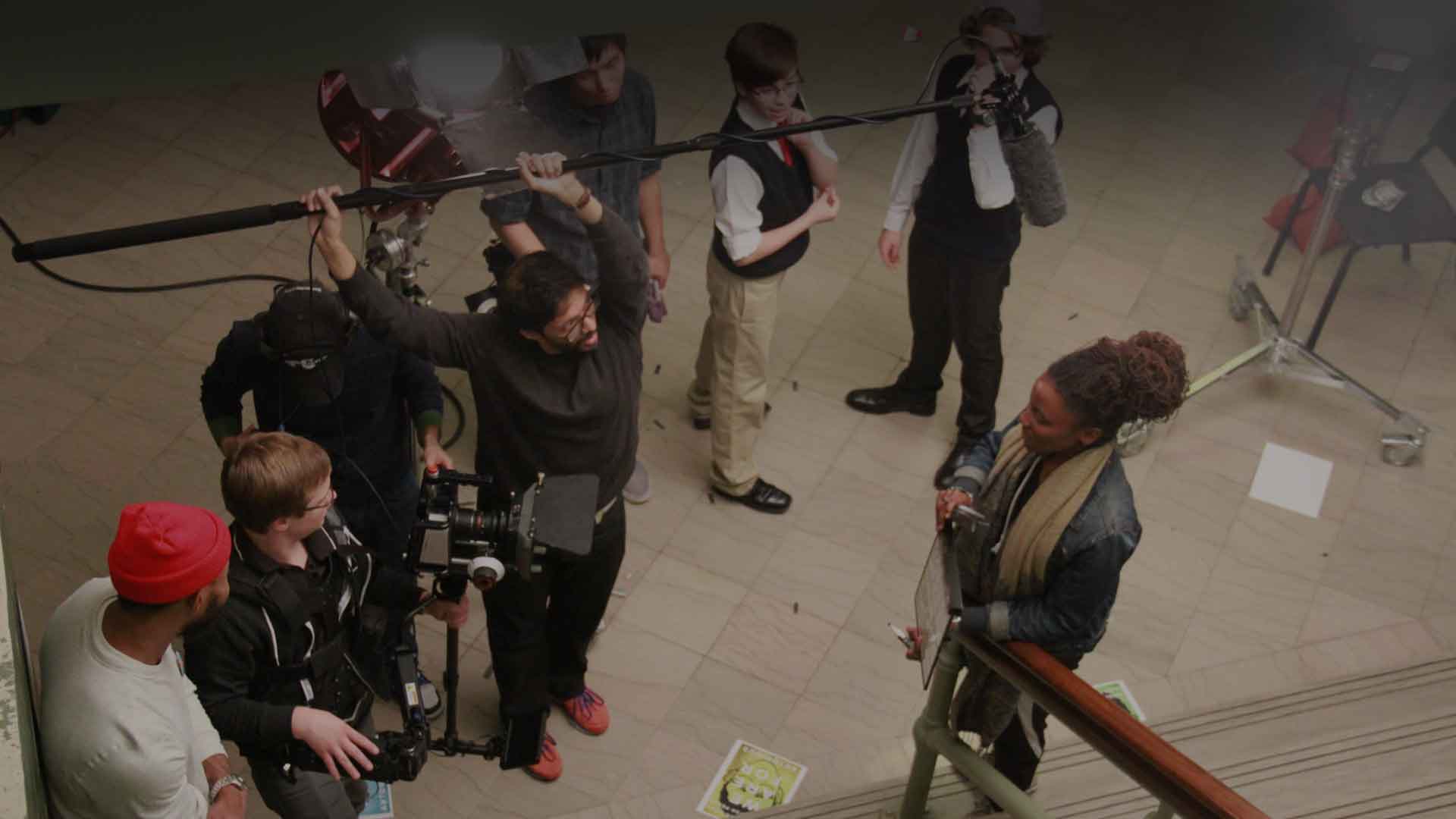
HANDS ON
PRODUCTION
TRAINING
In Documentary and Fiction
Please join us for our next Open House on Wed, Feb 11th @5pm - Click HERE to RSVP!
Now Accepting Applications for Fall 2026 Entry - Deadline is April 1st, 2026 (see early decision possibilities on our "requirements" page).
MFA IN FILM
The M.F.A. program mentors a small, select group of students to become the next generation of original voices in independent filmmaking. We foster the creation of compelling, daring, and visually stimulating short films in documentary and fiction. Ours is a hands-on program where students workshop their ideas, direct their own short films and crew on those of their peers. Throughout their two-year residence in the program, students’ exposure to documentary film is enhanced by weekly screenings and events offered by the Documentary Forum: CCNY Center for Film, Journalism and Interactive Media.
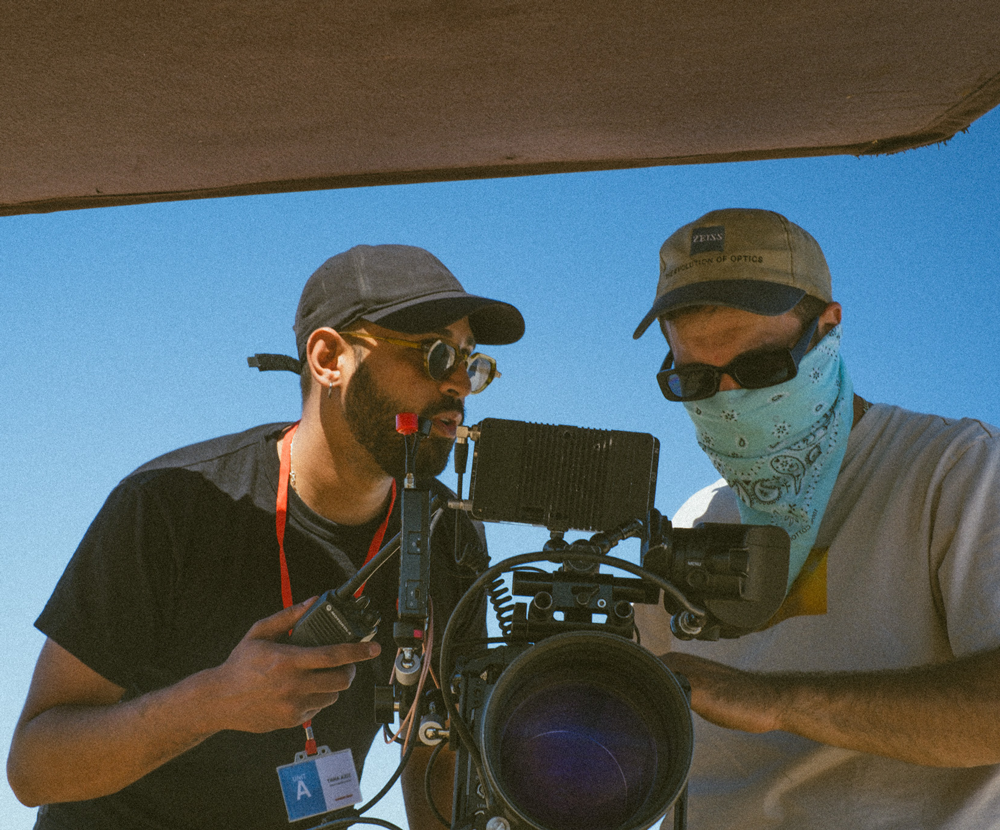
The first year of our intensive program focuses on finding one’s story, writing documentary treatments and fiction screenplays, and mastering the techniques of directing, camera, sound, editing and producing. Before the end of the first year, students develop either a fiction or nonfiction thesis film. They pitch their short screenplay or documentary treatment to a panel of external evaluators who greenlight the project. In June, they enroll in an intensive three-week summer course in producing that prepares them to start full scale pre-production on their thesis films.
In the second year, they direct their films and supervise all aspects of post-production, while also working in a major creative role on at least one other thesis project. Our students leave the program having completed broadcast quality work. They are required to create a full distribution strategy for their thesis films that are launched into the festival circuit at Cityvisions, our annual film showcase held each June.
COURSE SEQUENCE
First Year – Fall Semester:
MCA B2700 – Production Sound: This course emphasizes technical aspects of production sound in digital filmmaking through hands-on practical training. Topics also include emerging formats and troubleshooting techniques in the digital age as well as the relevant theoretical aspects in production sound. Prerequisites: MCA/M.F.A. matriculated status; Corequisites: B2100, B3000, B3100.
MCA B2100 – Camera I:The first of a two-semester sequence of workshops in image gathering for HD video. Through a series of production exercises, students master skills in the operation of professional video cameras, pictorial composition for complex shots, lighting, filters, and exposure control. Prerequisites: MCA/M.F.A. matriculated status; Corequisites: B2700, B3000, B3100.
MCA B3100 – Writing for Film I: Students engage the fundamentals of fiction screenwriting and writing for documentary. Students develop a disciplined writing practice and tackle the basics of premise, theme, conflict, character and plot, with an active engagement with form and style. Readings supplement image-based research and writing. Prerequisites: MCA/M.F.A. matriculated status; Corequisites: B2100, B2700. B3000.
First Year – Spring Semester:
MCA B6200 – Directing Fiction: Students focus on analyzing and interpreting scenes from published screenplays. They cast these scenes and direct actors in class, shaping performances with rhythm, inner monologues, and other directing tools. Students also each write and direct one short film, following film grammar guidelines provided by the instructor. Prerequisites: B2100, B2700, B3000, B3100; Corequisites: B2200, B3200, B6300.
MCA B6300 – Directing Documentary: A practical workshop examining the unique combination of skills required for directors of documentary films and cross-genre work with documentary elements. Students carry out individual and collaborative exercises and create short films that hone their skills in the techniques and aesthetics of creative documentary filmmaking. Prerequisites: BB2100, B2700, B3000, B3100; Corequisites: B2200, B3200, B6200.
MCA B2200 – Camera II: The second course in a two-semester workshop sequence in image gathering for HD video. Students build on the foundation of camera and lighting skills mastered in Camera I, executing increasingly more complex production exercises. Topics include HD video camera, exposure and lighting control, lighting styles and aesthetics, working in rotating crew positions on in-class and out of class film shoots. Prerequisites: B2100, B2700, B3000, B3100; Corequisites: B3200, B6200, B6300.
MCA B3200 – Writing for Film II: Students continue work originating in Writing for Film I, with the addition of exercises in writing character, location, tone, dialogue, plot, and theme. A considerable amount of time is devoted to preparation for the 15-minute thesis film in either documentary or fiction. Each student completes a fiction screenplay or documentary proposal and treatment during the semester. Prerequisites: B3100; Corequisites: B2200, B6200, B6300.
First Year – Summer Semester (June):
MCA B6100 – Producing: Examines the production process from A to Z, from acquisition of literary rights to delivery of the finished product according to industry standards. Through a series of case studies, students analyze successful models for financing larger independent media projects as well as their thesis films. Prerequisites: B0100, B2100, B2200, B2700, B3000, B3100, B3200, B6200 or B6300.
2nd Year – Fall Semester:
MCA B9500 – Thesis Workshop I: Building on the skills acquired in the first year of the MFA program, this course enables students to practice and perfect their craft as they work toward the realization of their thesis projects. Students give two detailed presentations of their thesis projects at different stages, one normally at the pre-production stage and one sharing initial edited scenes. Critiques from faculty and peers focus on structure, narrative intent, and technical viability. Prerequisites: B2100, B2200, B3100, B3200, B6200, B6300; Corequisites: B0100, B5100, B5300.
MCA B0100 - Global Film Aesthetics: Investigates how and why independent media are responding to the globalization of experience, the digitalization of information, and the multiplication of access to different storytelling forms. Close viewings and analyses of important, representative films are situated in the context of creation, production, distribution, and reception in the global media environment. Prerequisites: MCA/M.F.A. matriculated status; Corequisites: B5100, B5300, B9500.
MCA B5100 – Editing – Production: This course promotes students' critical and practical understanding of the role of editing in the filmmaking process. It focuses on the aesthetics and theory behind the art of editing, as well as the technical aspects of creating a proper post-production work-flow. Through lectures, screenings, analysis and discussions, students gain insights into the nuances of editing and discover new ways to approach visual storytelling. Prerequisites: B2100, B2200, B3100, B3200, B6200, B6300; Corequisites: B0100, B5300, B9500.
MCA B5300 – Sound Design: Exploration of the aesthetics and practice of audio as a creative element in media production. Through a series of exercises, students learn to shape the aural environment of voice, music and sound effects to support the dramatic intent of a particular piece. Prerequisites: B2100, B2200, B3100, B3200, B6100, B6200, B6300; Corequisites: B0100, B5100, B9500.
2nd Year – Spring Semester:
MCA B9200 – Thesis Workshop II: Students edit, sound design and mix, color correct and complete their thesis films and present them at Cityvisions, the annual student MFA Film Showcase. Prerequisites: B9500; Corequisites: B7200, B9303 or B9603 or B9603, or other approved elective.
MCA B7200 – Media Marketing and Distribution: A practical approach to distribution with a concentration on short fiction and documentary films. Students develop strategies for how to get their work seen by the public. Exploration of different markets including Festivals, Theatrical, Educational, Television, and Streaming. Prerequisites: B0100, B2100, B2200, B2700, B3000, B3100, B3200, B5100, B5300, B6100, B6200, B6300, B9500; Corequisites: B9200, B9303 or B9603 or B9603, or other approved elective.
ELECTIVE (CHOICE OF 1 OF THE FOLLOWING):
MCA B9303 – Graduate Internship: Students gain first-hand knowledge of specific professions in media arts by working in the field under the supervision of a practitioner. Verification and placement must be done through the MFA Program Office. Prerequisites. B5100, B7100, B9100; Requires permission from MFA in Film Program Directors.
MCA B9803 – Graduate Independent Study/TA: Assistant Teaching as arranged with M.F.A faculty, or participating in faculty assigned advanced research projects relevant to a student’s work in the program. Requires permission from MFA in Film Program Directors.
MCA B9603 – Films Without Scripts: Film students join with theater students to collaborate on directing six short films without traditional scripts. The films are presented at the Improfilm Festival screenings in late May.
Students often explore potential courses within the CCNY’s Art or English Departments, or within other CUNY colleges (must be graduate-level course). Requires permission from MFA in Film Program Directors.
TOTAL MFA DEGREE CREDITS: 54
OUR FACILITIES
VISIT OUR CAMPUS

MFA in Film at The City College of New York
160 Convent Avenue (@ 138th Street)
Shepard Hall - Room 286
New York, NY 10031
Phone: 212-650-7235
Fax: 212-650-5734
Email: cityfilm@ccny.cuny.edu
The City College of New York, CUNY


